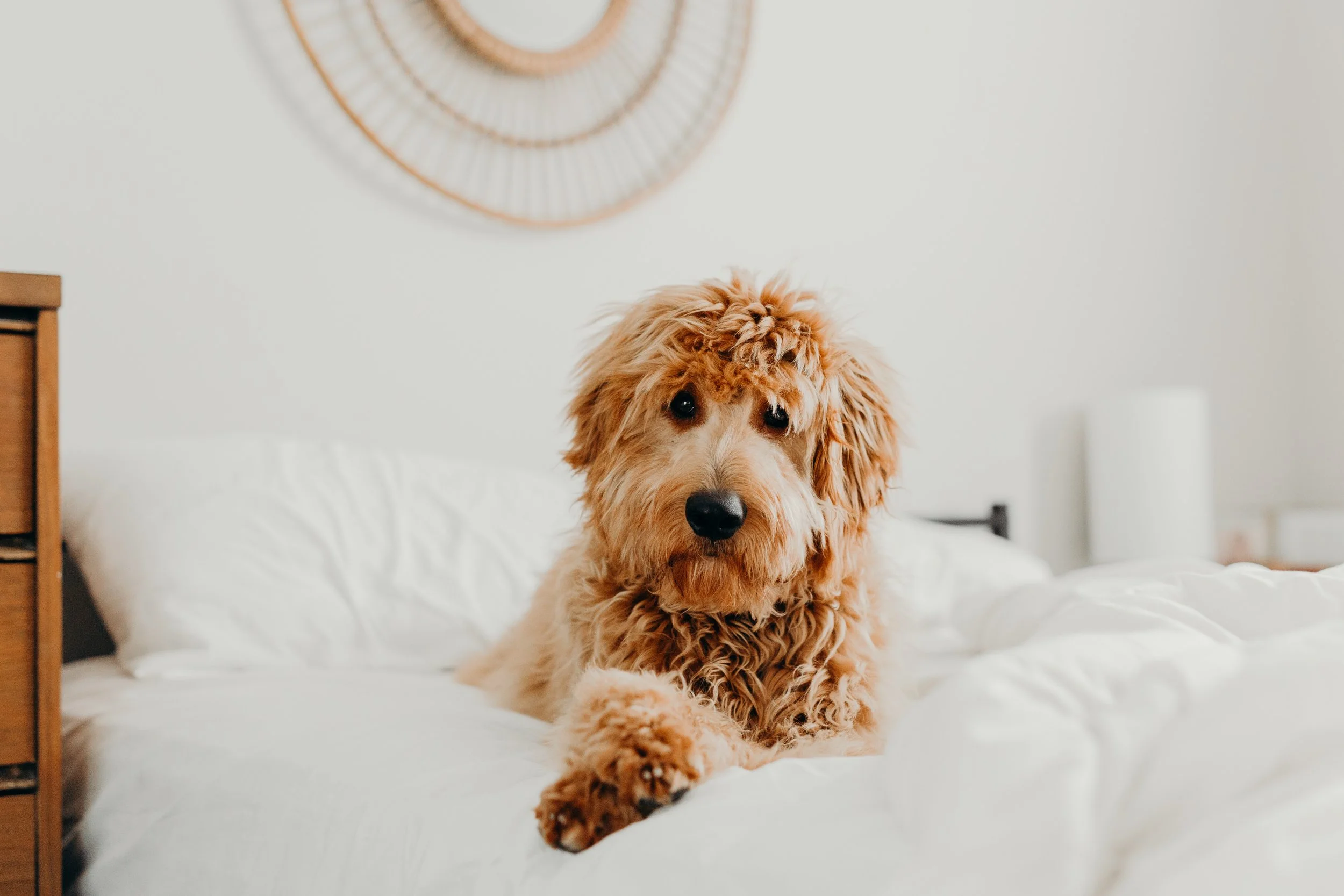What To Do With Your Pets If You Get COVID
With the rapid spread of omicron, many people are getting infected with COVID. If you are a pup parent, you may be wondering if you can transmit the virus to your canine companion.
Unfortunately, pets can be infected by any variant of COVID. However, you should not be alarmed if you are around a precious pooch while sick, as infected dogs are either asymptomatic or exhibit mild symptoms.
Photo by Conner Baker on Unsplash
“Fortunately, our active surveillance is revealing that COVID infections in animals are generally not major concerns for the health of dogs and cats, as only about one-quarter of the infected animals were reported to have signs of disease by their owner, and in all cases, they were mild,” shared Dr. Sarah Hamer, associate professor at the Texas A&M College of Veterinary Medicine & Biomedical Sciences.
While it is unlikely your dog will get gravely ill from the virus, the CDC recommends those infected “should avoid contact with your pets and other animals, just like you would with people.” This means no “petting, snuggling, kissing, licking, sharing food, and sleeping in the same bed.” For this reason, you should find a trusted pet sitter to watch your dog during your isolation period. It is worth noting that whoever watches your pooch will likely not be at risk of getting COVID if you do a contactless drop-off. According to the World Health Organization, “there is no evidence that a dog, cat or any pet can transmit COVID-19.”
Photo by Undine Tackmann on Unsplash
That being said, Dr. Hamer’s associate Dr. Lori Teller does not believe that those infected with COVID need to be completely isolated from their pets. She advised pup parents to “talk to your veterinarian” to determine if “your pet is healthy” enough, to “take appropriate precautions and enjoy a short time of togetherness.”
During your isolation period, a close eye should be kept on your dog. The CDC reported that dogs infected with COVID may exhibit symptoms, such as “fever, coughing, difficulty breathing or shortness of breath, lethargy (unusual lack of energy or sluggishness), sneezing, runny nose, eye discharge, vomiting, and diarrhea.” If your pooch has these symptoms, contact your local veterinary clinic.
Photo by Brooke Cagle on Unsplash
If your pet’s vet determines that your canine companion has COVID, you may need to isolate them. According to the CDC, Fido is free to interact with others if he “has not shown symptoms for at least 72 hours without medical care and it has been at least 14 days since the pet’s last positive test or all follow-up tests for current infection are negative.”
Dr. Teller also noted that during symptomatic dogs’ recovering time, they should get “plenty of rest and fluids and, on occasion, anti-inflammatory medications to reduce any discomfort.”
Photo by Brina Blum on Unsplash
For more insights on how COVID impacts dogs, check out our interview with National Geographic expert Dr. Pol.




